Graham Reid | | 3 min read

It has been more than 15 years since Dave Dobbyn sang Welcome Home, a song that spoke to our better selves as a people prepared to make a space for new migrants, many of whom had come from dire situations and had been confronted by racism here.
As he noted, “out here on the edge, the empire is fading by the day” and that erosion of loyalty to Britain and the Commonwealth has continued apace as the country – still flying the same flag and a republic as distant as ever – constantly redefines itself.
Some changes are not easy or acceptable to some, as witnessed by pockets of resistance to the name “Aotearoa” – despite it having been on our passports for a decade – which is gaining currency.
Popular culture – songs, television, films, books and talk on the street – shifts the parameters of language and culture incrementally and that capacity and intention impels two new albums by local hard rock groups, Shihad's Old Gods and Alien Weaponry's Tangaroa.
The Shihad album – their 10th– arrives in a contentious cover: a stencil artist in a hoodie spraying a clenched fist onto a statue of Captain Cook.
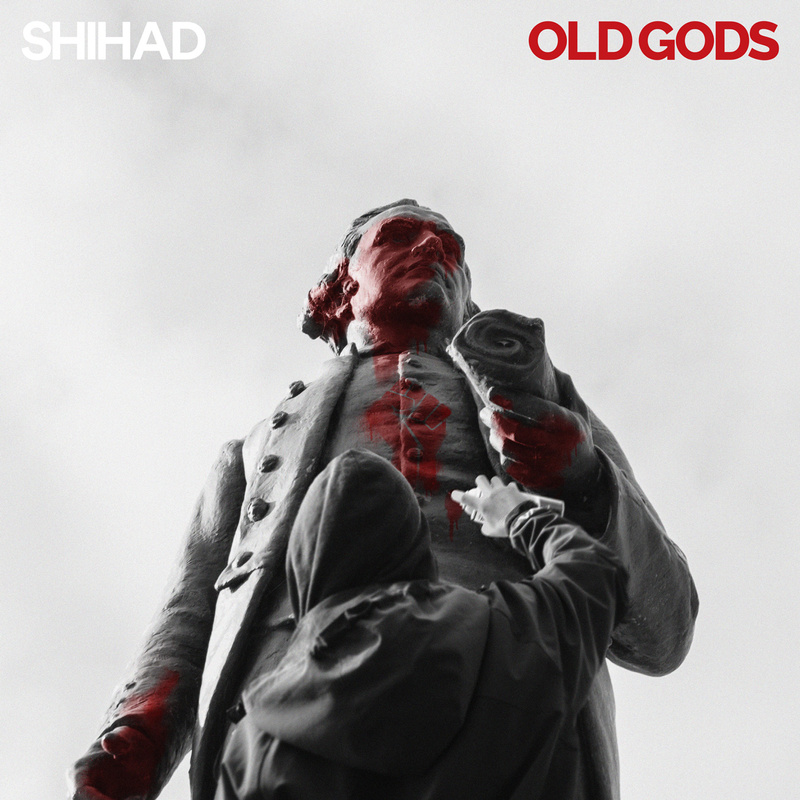 It visually represents the strident anger in songs which skewer colonialists on Tear Down Those Names (“there's been a change in the weather, were witnessing history, throwing thieves in the river”), corrupt government (Little Demons) and the title track also posits us as attendants at rupturing change (the storming of the US Capitol building, on the beach when the exploiters arrived, watching as children were uplifted from their homes, burying the original names of the places stolen) with the chant “kill these old gods”.
It visually represents the strident anger in songs which skewer colonialists on Tear Down Those Names (“there's been a change in the weather, were witnessing history, throwing thieves in the river”), corrupt government (Little Demons) and the title track also posits us as attendants at rupturing change (the storming of the US Capitol building, on the beach when the exploiters arrived, watching as children were uplifted from their homes, burying the original names of the places stolen) with the chant “kill these old gods”.
This is an album of powerful polemics which, taken in its entirety, sags under the weight of its declamatory intentions, accusations (“there's blood on your mink coat”) and righteous indignation.
But for all its stridency and cynicism about self-proclaimed religious leaders, The Hill Song has a brutal, specific wit (“if this works out I could run my own Destiny”) and a terrific hook. On Feel the Fire at the midpoint singer Jon Toogood delivers a stirring Eighties-style power ballad of self-reflection and doubt: “I thought I'd found the answer, now I don't know what it is, lying awake trying to find a way”.
There's naked fury unleashed on Old Gods, an album where empires fall, it's the end of days, people are slaves to tired religions (the punishingly powerful Slow Dawning) and, amidst the wreckage, have given up on today.
Although carried by its focused urgency, Old Gods can be relentlessly dogmatic, even if you agree with the sentiments.
As with their majestic debut Tu which was in part produced by Shihad drummer/manager Tom Larkin, on Tangaroa Alien Weaponry arc weld haka, traditional chants, te reo and metal into industrial strength rock with roots in Māori culture, spirituality and history.
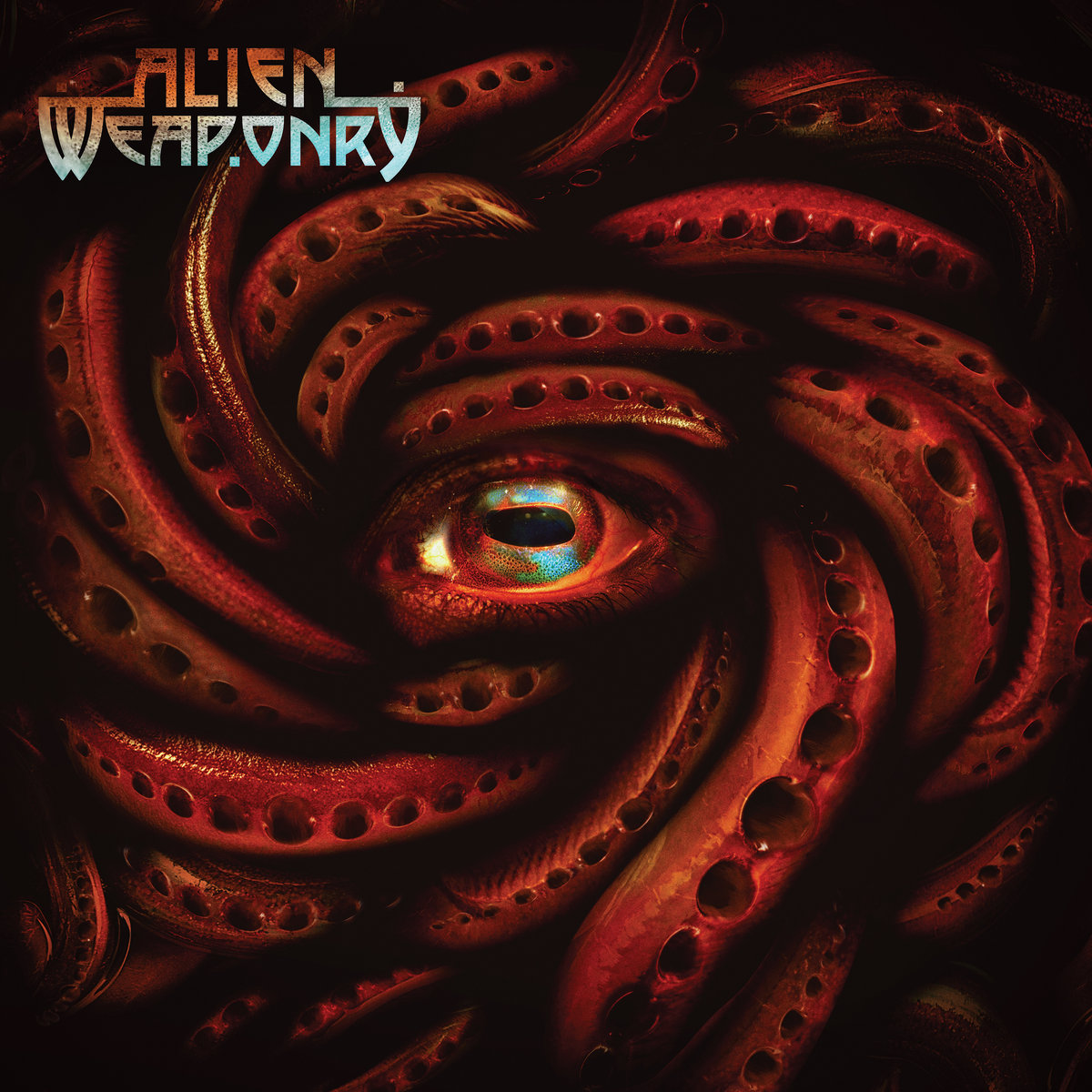 It doesn't flinch from or deny brutality (the opener Titokowaru reads from a blood-thirsty letter by that warrior-prophet, resistance leader and peacemaker) but a theme throughout is survival and triumph over oppression or death: the Arawa hero Hatupatu's escape from the ferocious bird-woman Kurangaituku (on Hatapatu); Kai Whatu/The Eye Eater speaks of the two eyes – parliament and the rule of the Queen – using the chant of followers of the Paimārire religion in the Waikato (“Your blood is drunk, I am The Eye Eater”) and Buried Underground (in English) urges those whose minds are held hostage by lies to wake up.
It doesn't flinch from or deny brutality (the opener Titokowaru reads from a blood-thirsty letter by that warrior-prophet, resistance leader and peacemaker) but a theme throughout is survival and triumph over oppression or death: the Arawa hero Hatupatu's escape from the ferocious bird-woman Kurangaituku (on Hatapatu); Kai Whatu/The Eye Eater speaks of the two eyes – parliament and the rule of the Queen – using the chant of followers of the Paimārire religion in the Waikato (“Your blood is drunk, I am The Eye Eater”) and Buried Underground (in English) urges those whose minds are held hostage by lies to wake up.
The distant and recent past bleed into the present (Ahi Kā threads colonialism into the history of the Takaparawhā/Bastion Point occupation) and the title track addresses (in Maori and English) the damage being done to the oceans and the self-righteous indifference of many.
The heroically epic Ihenga– in te reo with taonga pūoro – tells of the explorer of that name.
However the seven minute-plus Unforgiving (in English) plaintively drags out a lyric about self-doubt and depression – Down the Rabbit Hole addresses a similar theme to better effect – and Alien Weaponry sound more assured when standing on historical and cultural grounds.
Even if punishing rock isn't your thing, these album are part of finding “that new way” Dobbyn sang about all those years ago.
As Alien Weaponry singer/drummer Henry de Jong told The Guardian, “There’s always gonna be this push – and I wanna be a part of this push – to not only keep Māori alive but to let the language and culture thrive. That’s the New Zealand I wanna live in.”
Or as Toogood observes, “I know for some it takes a bit more time, I know for some the truth is slowly dawning . . .”
Old gods rejected, old culture represented.
.
Tangaroa is at bandcamp here, Old Gods at Spotify here.
.

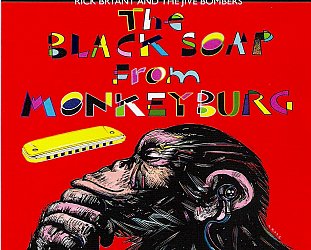
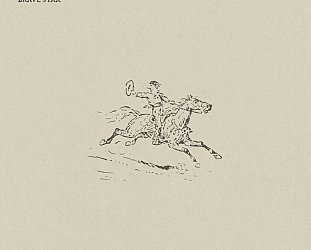

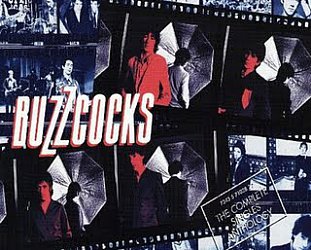
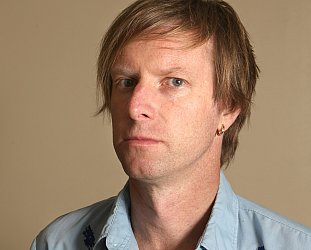

post a comment